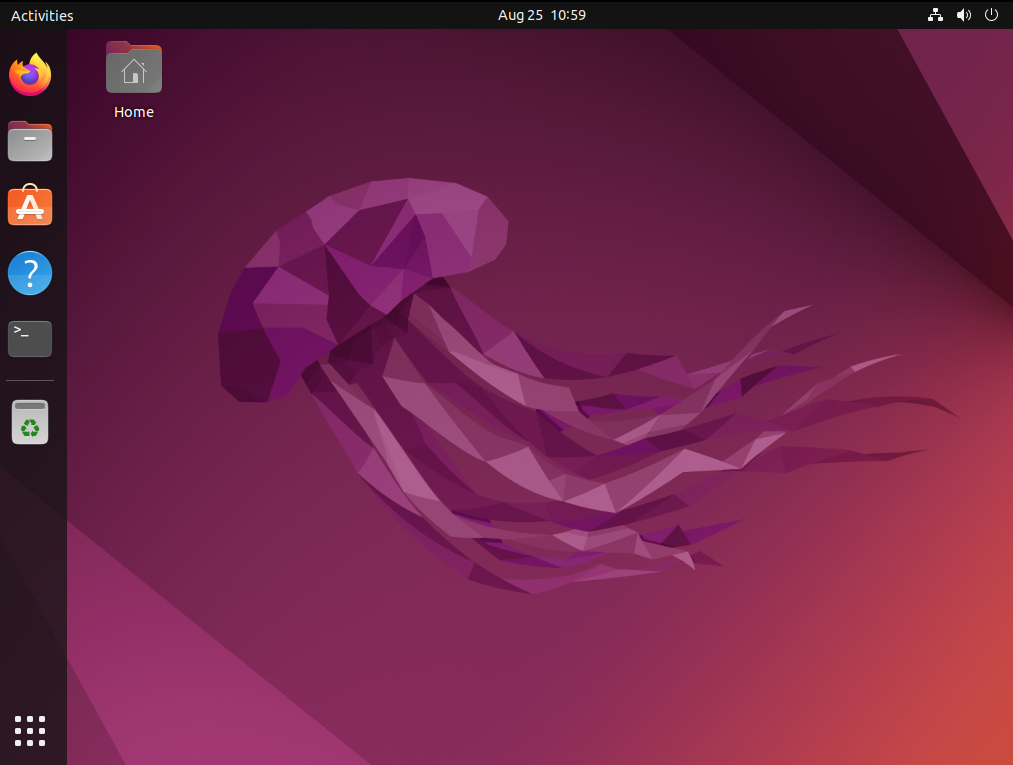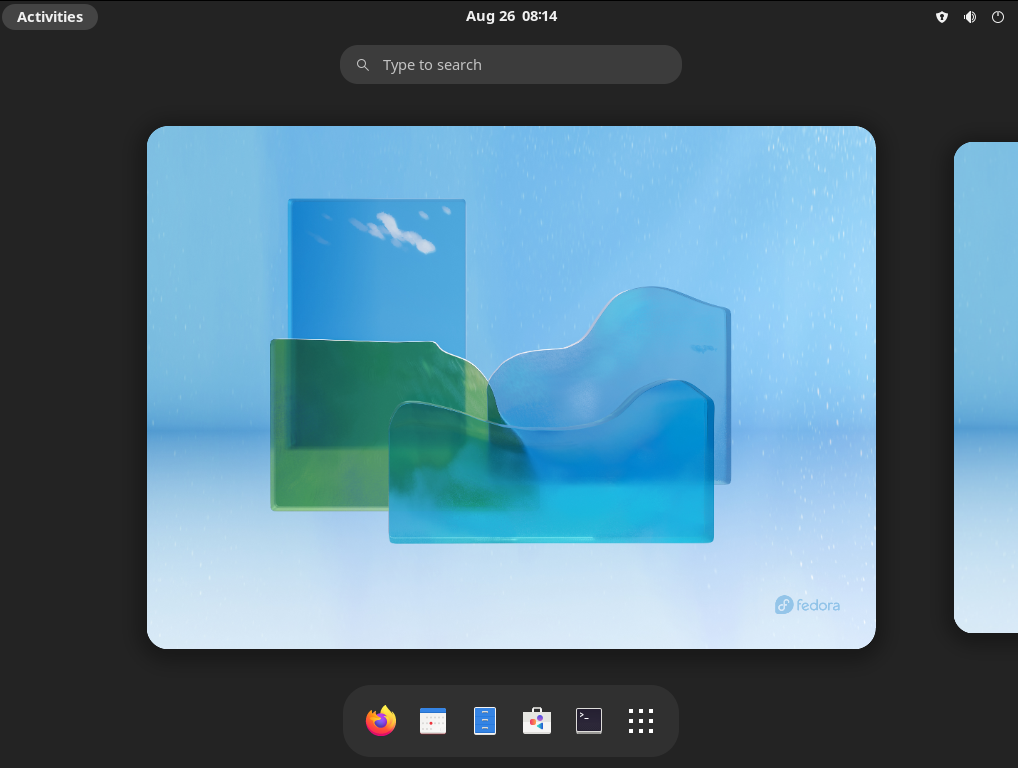Ubuntu and Fedora Linux are the two most popular Linux distributions. One is Debian based while another one is an upstream distribution for Red Hat Linux.
Today in this article I will discuss the key difference between Ubuntu and Fedora. This can help you in deciding to choose between one of them.
Ubuntu

Ubuntu is a distribution based on Debian Linux composed of mainly free and open-source softwares developed by Canonical and other communities of developers. Its main purpose is to serve user-friendly Linux desktops and servers.
Canonical provides security updates and support for each Ubuntu release until its designated end of life. A new version of Ubuntu is released every six months, with long-term support (LTS) releases once every two years.
Ubuntu comes in three editions –
- Desktop
- Server
- and Core for IoT and robots
Also, Ubuntu is a preferred and one of the most popular operating systems for cloud computing.
Fedora

Fedora is a Red Hat sponsored Linux distribution that is an upstream source for Red Hat Enterprise Linux (RHEL).
It focuses on innovation, integration of new technologies early, and working closely with upstream communities so that changes made are available for all Linux distributions and should not be limited to Fedora only.
It has a short life cycle of around 13 months and a new Fedora version is released every six months. Like Ubuntu, officially it also releases three editions of Fedora –
- Workstation – Focused on PCs
- Server – For servers
- IoT – For the IoT ecosystem
Some other editions of Fedora are –
- CoreOS – Focused on cloud computing
- SilverBlue – Focused on immutable desktop specialized to container-based workflow
Ubuntu Vs Fedora: The key differences
The following tables show the key differences between Ubuntu and Fedora Linux.
Conclusion
Here we have explained the differences and similarities between Ubuntu and Fedora Linux. Now if you have a query or feedback then write us in the comments below.
